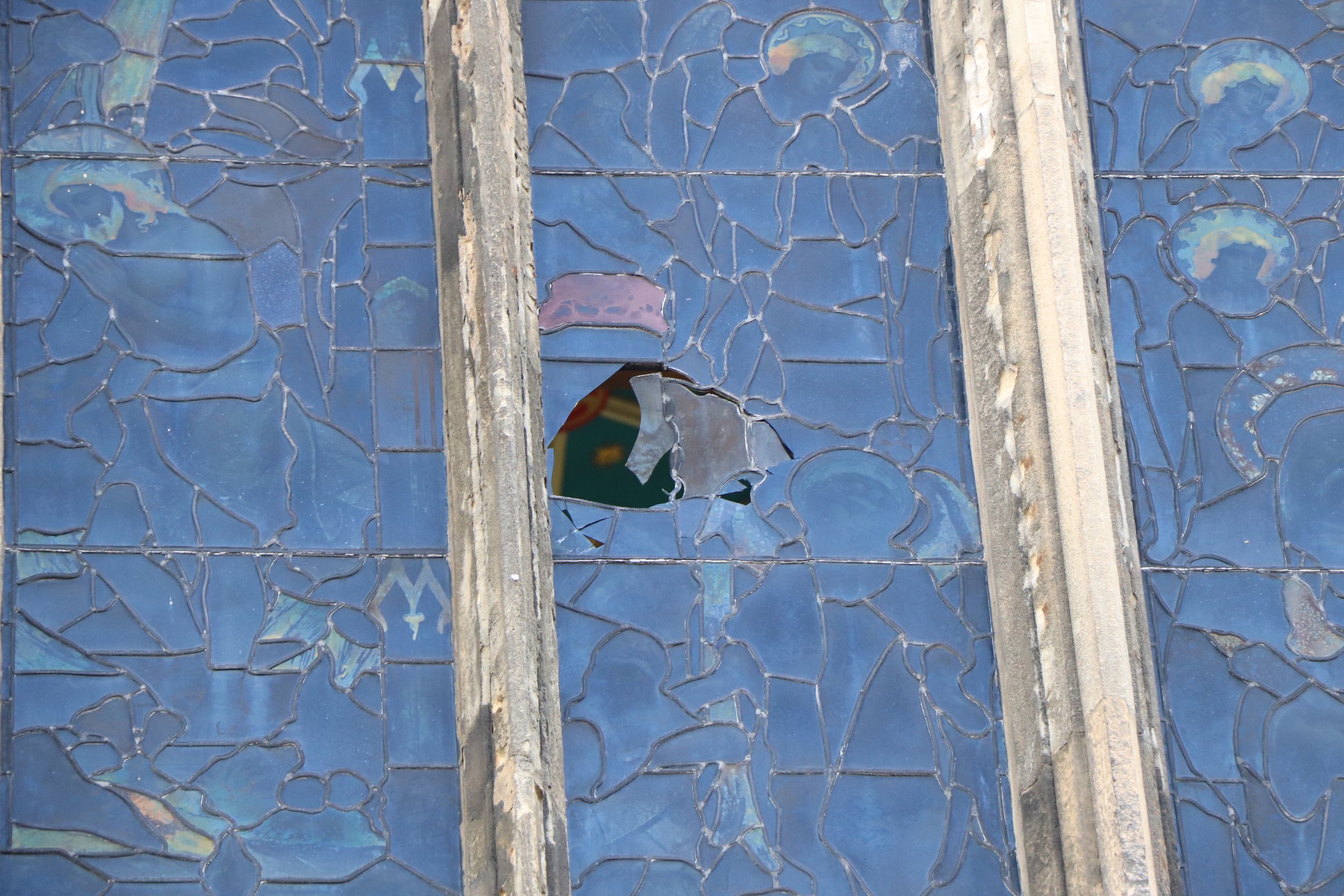Hello!
Memorial of the discovery of the Hidden Christians, outside Oura Church, Nagasaki.
As a fair number of you will know, I’ve recently returned from a long trip to Japan. Back in 2015, I had the privilege of working with a church in the town of Yotsukaido and I visited them again on this trip. Reflecting on my visit got me thinking about the history of Japanese Christianity, its modern expression and how that impacts how they view their faith.
For those not in the know about Japanese Christianity, European missionaries brought Catholicism to the country in the 15th and 16th Centuries. In 1620 Christianity was officially banned – though the execution of Christians had already been happening for over twenty years. Tens of thousands were executed in Nagasaki alone – some as young as twelve. The torture and execution methods used were horrific (the 2017 movie Silence is incredibly accurate in its depiction of the persecution) and people across the world believed that Christianity had been wiped out in Japan.
In 1865 though, something amazing happened at the newly-built Oura Church. An elderly woman came to the priest, Bernard Petitjean, and told him “our heart is the same as yours” and asked where to find the religious statues. This was the discovery of the Hidden Christians - the ‘Kakure Kirishitan’ – who had been secretly passing on their faith for almost 250 years despite the risk of death and the lack of ability to meet to worship.
Today, Christianity is no longer outlawed in Japan, but it is still rare – just under 1% of the population considers themselves Christian – and being a Christian can cause some major issues with your family and wider society in some cases. Some Japanese Christians have told me about how they had been disowned by their parents because they would not maintain the Buddhist shrines called ‘butsudan’ in their family home.
For me, where the worst I’ve faced for my faith is some mild bullying at school and getting up at 6am every Sunday for church (a real struggle in my teen years!), this is real challenge. Christians in Japan who know that following Jesus means that they need to give up their relationship with their family, their career or even their life – that’s an obvious choice. But for me, and for most of you reading this – our choices are less drastic and far more subtle. Are we willing to be like those Japanese Christians who risked everything for Jesus or the person who found treasure in a field, and ‘gave up all he had to buy it’ (Matthew 13:44)? Or are we people to whom Jesus comes second to everything else? Are we even aware of what we might have to sacrifice or choose between? Maybe that’s something to consider this month.
シャーロットより(from Charlotte)
Children, Youth and Schools Worker



